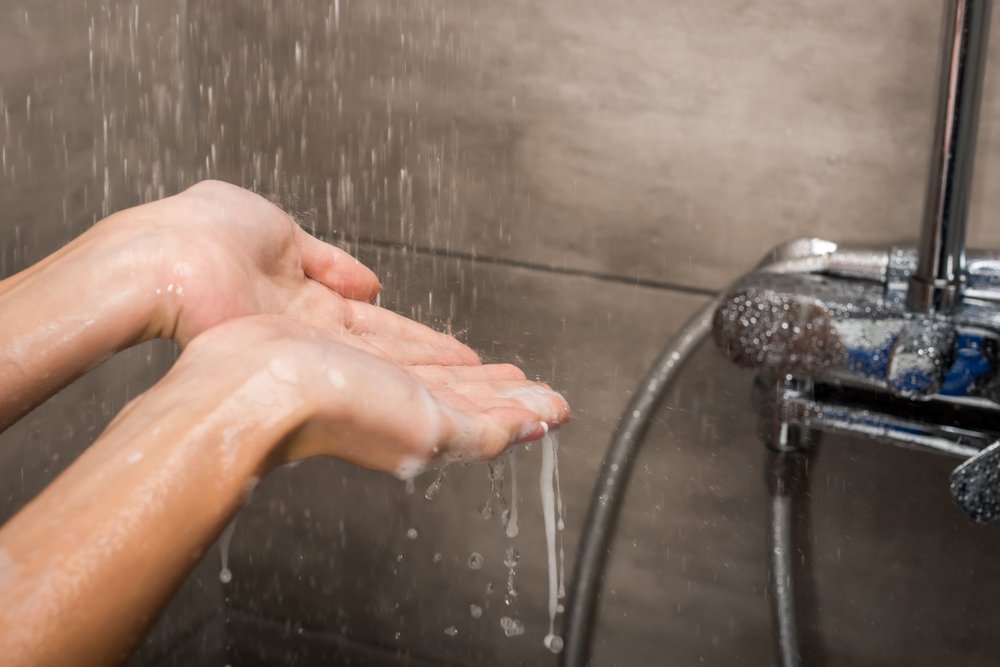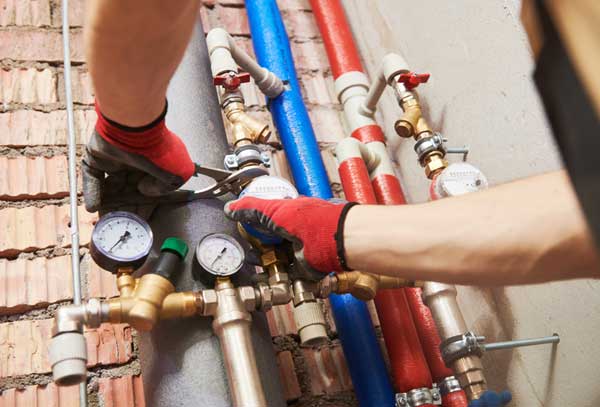The publisher is making several great pointers on General Plumbing Tips for New Homeowners overall in the content followed below.

For brand-new house owners, understanding and keeping washroom plumbing can save both time and money by protecting against pricey problems down the line. Below are some vital shower room pipes suggestions to assist you maintain everything running efficiently.
Familiarize Yourself with the Key Shut-Off Shutoff
Understanding where the main water shut-off valve is located in your house is essential. This enables you to quickly turn off the water supply in case of significant leakages or during pipes emergency situations, stopping extensive water damage.
Frequently Evaluate for Leakages
Little leaks can bring about huge troubles. Regularly examine under sinks, around bathrooms, and near pipes fixtures for any kind of indicators of leaks. Seek dampness, little drips, or corrosion. Capturing and fixing leakages early can prevent more major damages and conserve water.
Do Not Disregard Slow Drains Pipes
If your sink or tub is draining pipes gradually, it's frequently a sign of a clog developing. Resolving this very early can prevent a complete obstruction. Use a bettor or a plumbing professional's serpent to clear out particles. Prevent using chemical drainpipe cleaners as they can harm your pipes with time.
Know What Not to Flush
Toilets are not waste disposal unit. Stay clear of flushing anything other than bathroom tissue and human waste. Things like wipes, womanly hygiene products, and cotton swabs ought to be gotten rid of in the garbage to prevent clogs and sewer backups.
Set Up Strainers in Drains
Area filters in your sink and tub drains to capture hair and various other debris before they enter your pipes system. Cleansing the strainers consistently will aid protect against buildup and maintain water moving openly.
Keep Your Hot Water Heater
Ensure your hot water heater is readied to a suitable temperature (usually around 120 levels Fahrenheit) to avoid hot and minimize energy use. Flush the tank annually to get rid of sediment accumulation, which can reduce the performance and lifespan of your heating unit.
Update Your Components
If your home has older fixtures, take into consideration upgrading to extra effective versions. Modern commodes, showerheads, and faucets are designed to use much less water while supplying great stress, which can dramatically minimize your water expense and ecological footprint.
Be Cautious with DIY Plumbing Repairs
While it's appealing to deal with all home repair services by yourself, be cautious with plumbing. Some problems may call for specialist expertise, especially if they involve major water lines or sewage system fixings. Working with an expert can in some cases be extra affordable than DIY, especially if it avoids further damages.
Plan For Cold Weather
Secure your pipelines from freezing during cold weather by protecting pipelines in unheated areas like basements, attics, and garages. During extreme cool, let cold water drip from taps offered by exposed pipelines to assist protect against cold.
Set Up Normal Maintenance
Consider scheduling yearly assessments with a certified plumbing technician. They can spot problems that you could miss out on, such as concealed leakages or wear and tear on pipelines and fixtures. Normal upkeep aids prolong the life of your plumbing system and can protect against emergency situations.
Conclusion
Comprehending and preserving your home's shower room plumbing can stop several usual concerns. By complying with these essential pointers, you can ensure your bathroom stays useful and efficient, conserving you time and money over time.
Essential Plumbing Tips for Homeowners: Keep Your Pipes Flowing Smoothly
As a homeowner, understanding the basics of your plumbing system can save you time, money, and a lot of headaches. Plumbing issues can range from minor annoyances like dripping faucets to major problems like burst pipes that cause significant damage. This guide provides essential tips to help you maintain your plumbing system and tackle common issues.
Understanding Your Plumbing System
Supply System: Brings fresh water into your home from a municipal source or a well. Drain-Waste-Vent System: Removes wastewater and vents sewer gases outside. Fixtures and Appliances: Includes sinks, toilets, showers, dishwashers, and washing machines. Basic Maintenance Tips
Regular Inspections: Periodically check for leaks, corrosion, and other signs of wear and tear. Look under sinks, around toilets, and near water heaters. Know Your Main Shut-Off Valve: In case of a major leak, you’ll need to shut off the water quickly. Ensure everyone in your household knows where the main shut-off valve is located. Prevent Frozen Pipes: In cold climates, insulate exposed pipes and let faucets drip during extreme cold to prevent freezing. Use Strainers: Install strainers in sinks and tubs to catch hair, food particles, and other debris that can cause clogs. Common Plumbing Issues and Solutions
Clogged Drains:
Prevention: Avoid pouring grease down the drain and use drain screens to catch debris. DIY Fix: Use a plunger or a plumbing snake to clear minor clogs. For stubborn clogs, a mixture of baking soda and vinegar can sometimes help. Leaky Faucets:
Prevention: Replace washers and seals regularly. DIY Fix: Turn off the water supply, disassemble the faucet, and replace worn parts.

Book Maintenance